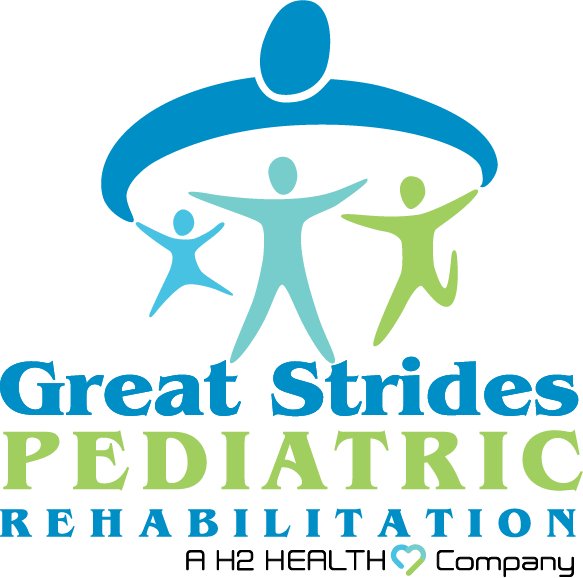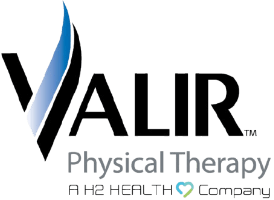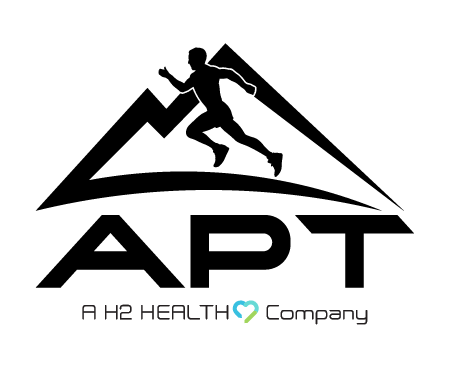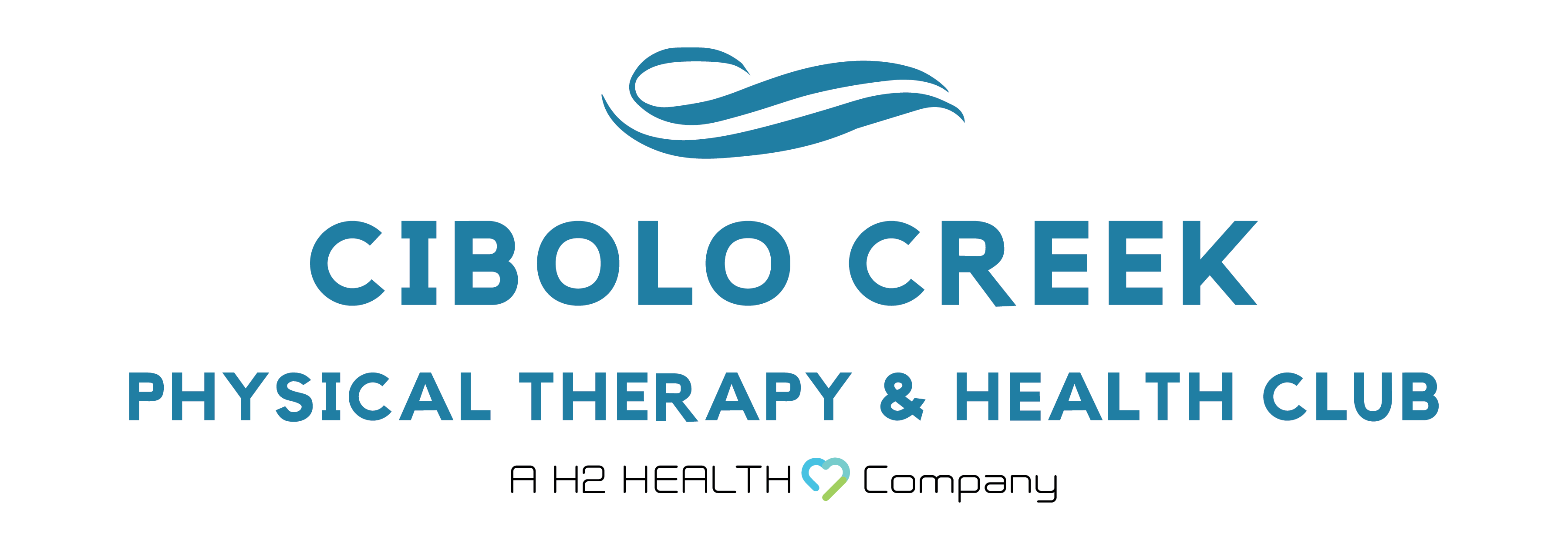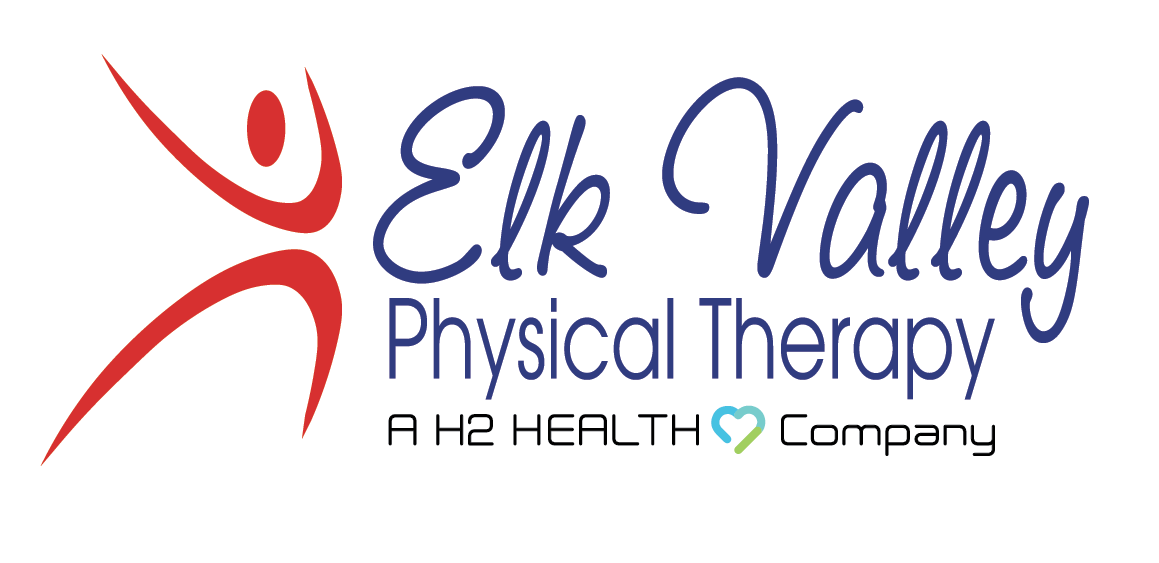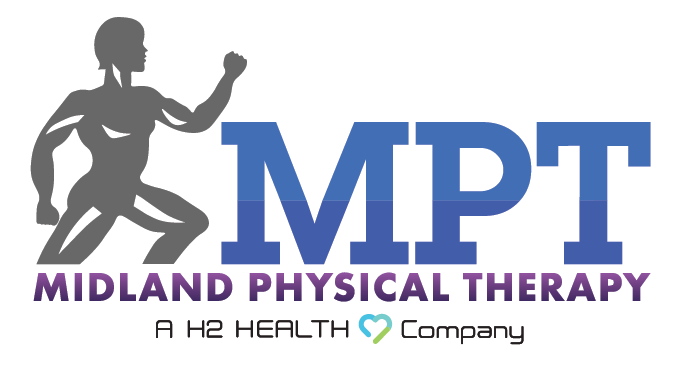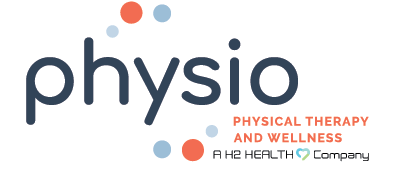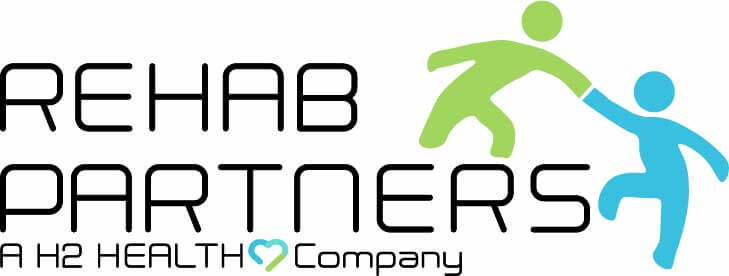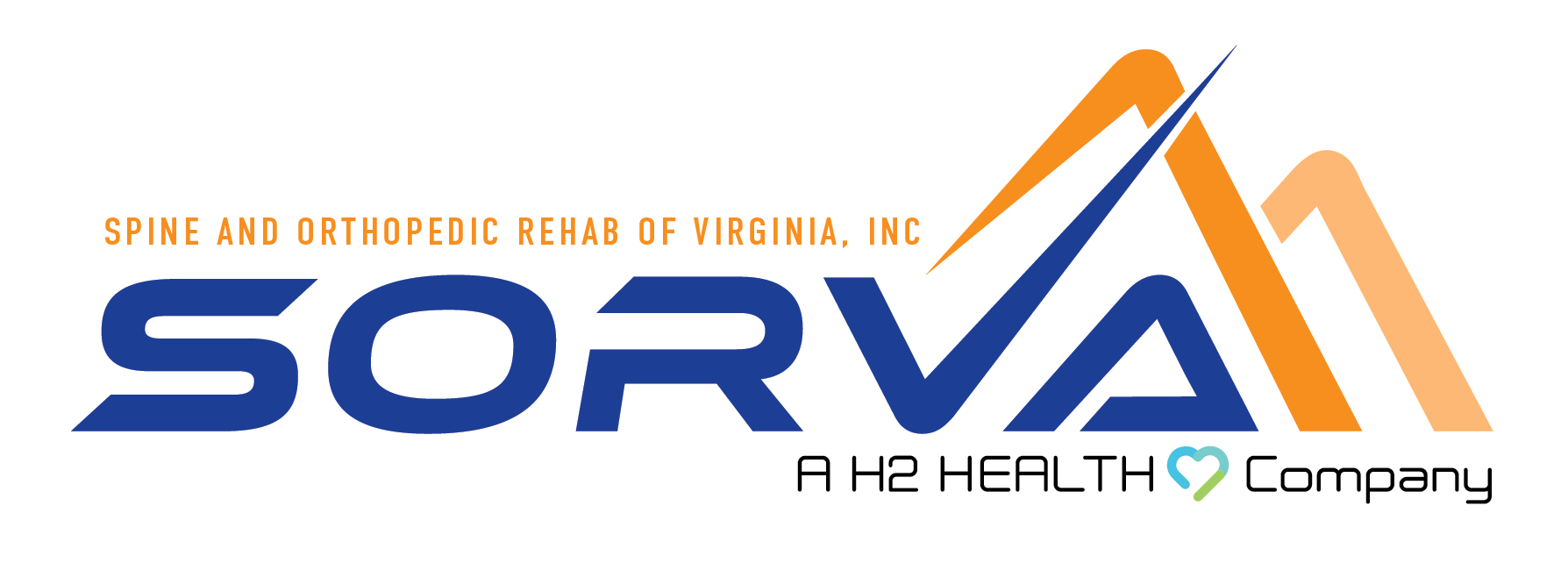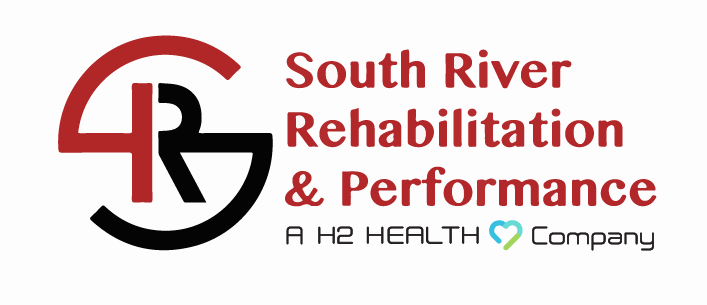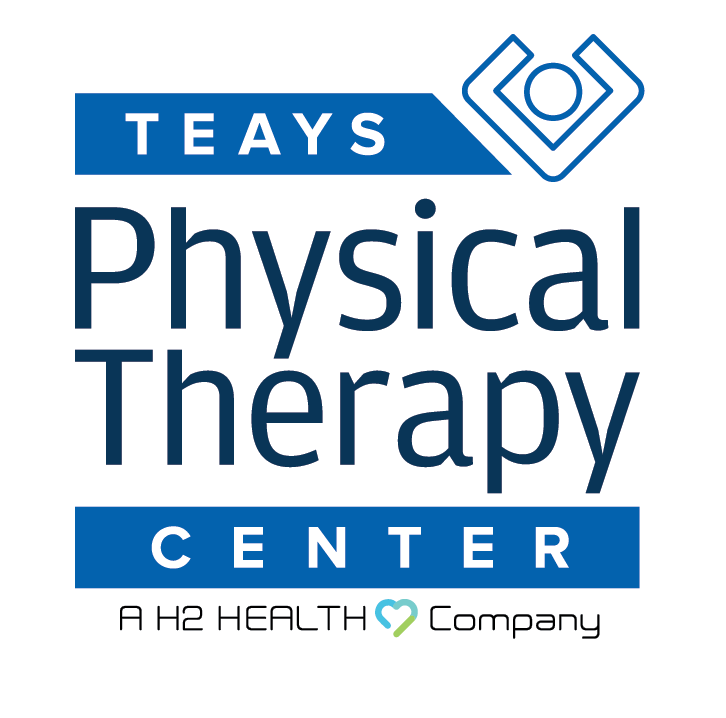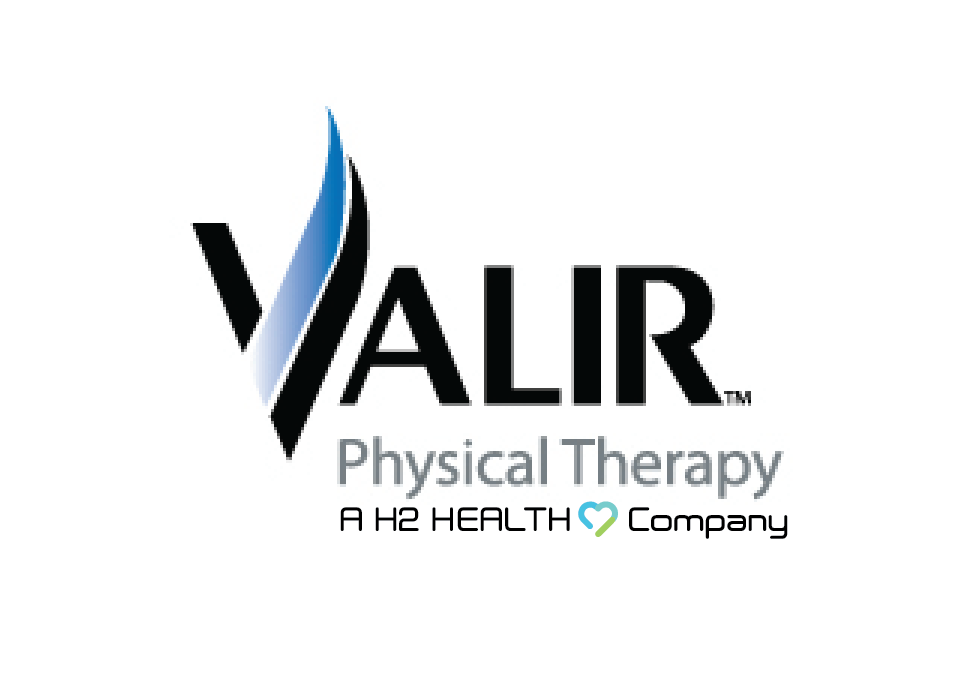
Communication is a vital aspect of our daily lives, as it helps us establish and maintain relationships, express our emotions, and engage in various daily activities.
However, there are times when individuals encounter difficulties in speaking or understanding language. This can occur due to hearing impairment, developmental delays, neurological disorders, or other conditions.
Speech therapy is a specialized form of treatment that is designed to help individuals overcome such difficulties. Here’s an introduction to speech therapy, how it works, and who can benefit from it.
What is Speech Therapy?
Speech therapy aims to improve a person’s ability to express thoughts and understand what others say.
It involves working with a speech-language therapist, commonly known as a speech therapist. These professionals are trained to evaluate speech, language, cognitive communication, and oral/feeding/swallowing skills to identify communication problems and the best treatment.
Speech therapy involves various activities tailored to the individual’s needs. These might include tongue and mouth exercises, facial movements, reading out loud, and playing word games. These activities aim to strengthen the connection between the brain and mouth, improve motor skills, and boost cognitive function.
Who Can Benefit from Speech Therapy?
Speech therapy is a form of treatment that targets communication disorders in both children and adults. Whether you are an adult or a child, speech therapy is beneficial for you:
If You Have a Speech Disorder
Several speech disorders can be effectively managed through speech therapy. These include:
- Stuttering: This condition may involve repeating word segments, elongating words, or difficulty in saying certain words. Individuals with a family history of stuttering are more prone to this disorder.
- Apraxia: This motor speech disorder hampers the ability to move the tongue and lips necessary for producing speech sounds. In extreme cases, individuals with apraxia may be unable to speak.
Potential causes include brain tumors, dementia, stroke, or any other conditions leading to brain injury.
- Voice Disorders: These can be either temporary or permanent, making speaking challenging. Chronic voice disorders encompass conditions like chronic cough, vocal fold paralysis, vocal polyps (growths on the vocal cords), and spasmodic dysphonia (spasms in the vocal cords).
- Dysarthria: This speech disorder is characterized by muscle weakness that complicates talking. Individuals with dysarthria may slur or mumble their words. It can be caused by brain injuries or chronic degenerative diseases such as Parkinson’s disease or Huntington’s disease.
During speech therapy sessions, a speech therapist works closely with individuals to enhance their speech abilities by utilizing exercises, techniques, and strategies tailored to the individual’s specific needs.
If You Have a Language Disorder
Language disorders often manifest as difficulties in reading, writing, speaking, understanding speech, or communication. Individuals with language disorders may grapple with the following:
- Finding the right words
- Formulating complete sentences
- Comprehending others’ speech
- Grasping humor in jokes
- Reading and spelling accurately
- Performing mathematical calculations
Speech therapists can provide targeted support to overcome these challenges, helping individuals improve their language skills and communicate more effectively.
If You Have a Feeding and Swallowing Disorder
Feeding and swallowing disorders, affecting both children and adults, manifest as difficulties in eating, sucking, drinking from a cup, or chewing. Dysphagia is the medical term for swallowing disorders where individuals experience issues swallowing food or beverages.
These challenges in feeding or swallowing may be connected to an underlying medical condition, although this isn’t always the case. Various conditions that could lead to feeding or swallowing disorders include:
- Cleft palate or cleft lip
- Asthma and other respiratory problems
- Cardiovascular disease
- Premature birth
- Disorders of the nervous system
- Reflux
- Muscle weakness
- Sensory issues
- Autism
- Behavioral problems
- Certain medications
Speech therapy can offer crucial assistance in managing feeding and swallowing disorders, improving the individual’s ability to eat and drink safely and comfortably.
Benefits of Speech Therapy
The benefits of speech therapy can be life-changing. For children, it can lead to improved communication, enhanced social skills, and better academic achievement. For adults, it can mean regaining the ability to communicate and swallow and improving overall quality of life.
Speech Therapy in VA (Bluefield, Chilhowie, Dublin, Hillsville, Rural Retreat, Salem, Tazewell, Roanoke, Wytheville)
If you or a loved one are facing communication difficulties, don’t hesitate to reach out to our speech therapists here at H2 Health.
Here at H2 Health, we recognize challenges associated with speech and language disorders and offer comprehensive solutions like speech therapy. Our professional speech therapists are committed to addressing the communication needs of both pediatric and geriatric patients effectively.
To schedule a consultation with one of our speech-language therapists, contact our staff today at (800) 699-9395 or fill out our convenient online appointment request form.

